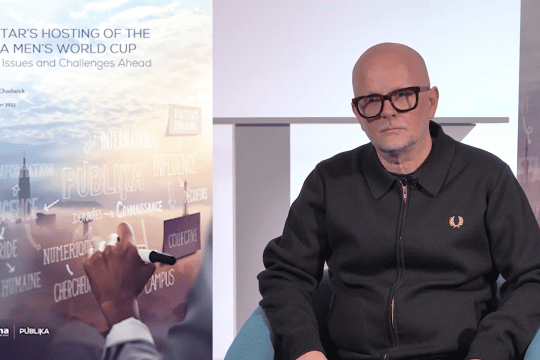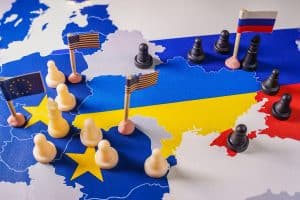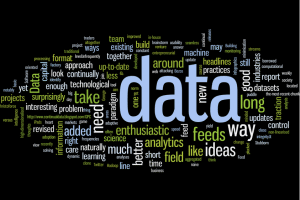[Video] Ahead of the Qatar FIFA’s World Cup : Geopolitical Survival, Security Threats & Nation Building
Ahead of the 2022 World Cup, Simon Chadwick, professor of Sport and Geopolitical Economy at SKEMA Business School, discusses the reasons why the hosting of global sport events is a question of geopolitical survival for Qatar. He also delves into the preparedness of the country to welcome the estimated 1.5 million visitors and the security threats that could arise during the tournament. Finally, he examines the long-term possible impacts for the Qatari population, notably in terms of national identity building and social cohesion.










